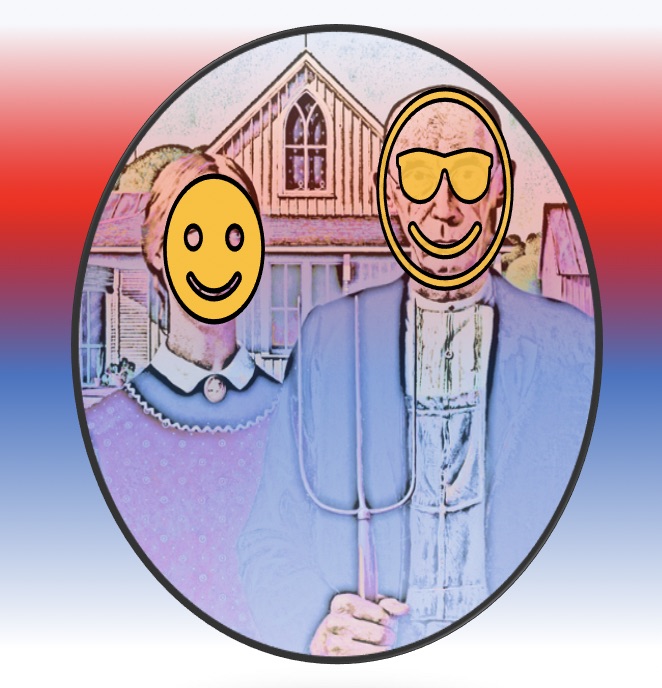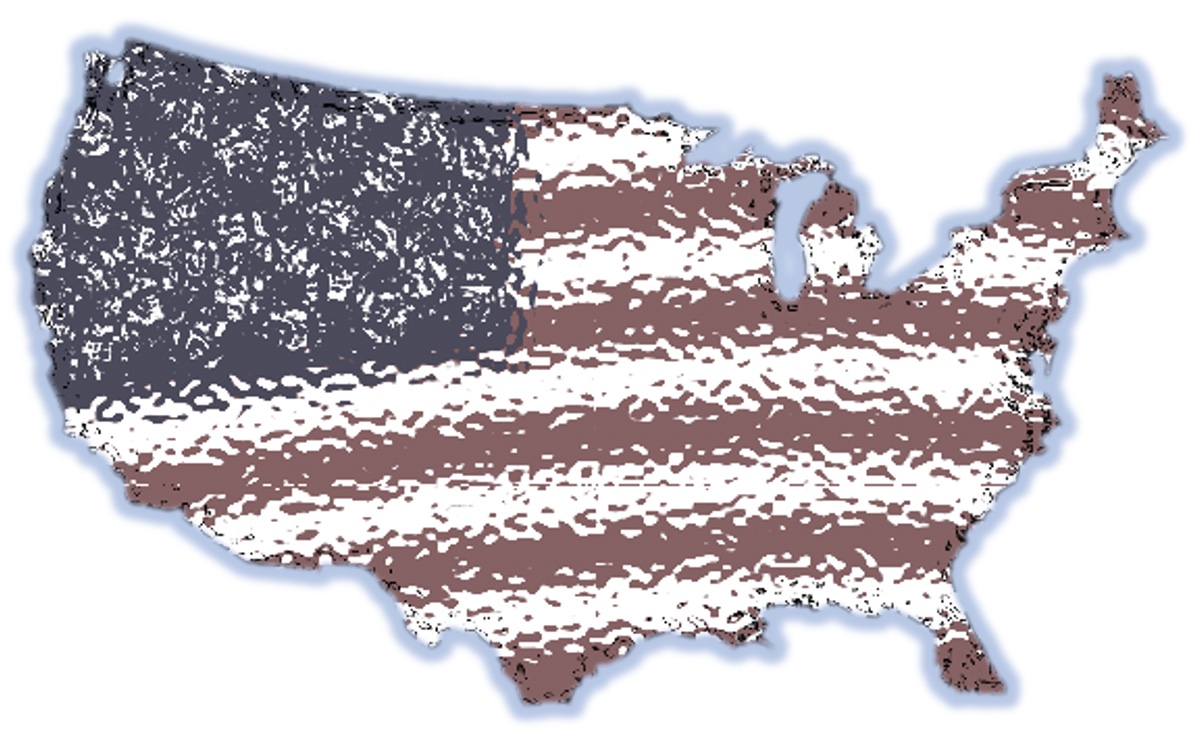People are quitting their jobs. In some industries, it’s difficult to find workers. There are nursing shortages and teacher shortages. Some folks call this “the Great Resignation.”
The pandemic changed the work environment. Some people did not want to risk catching COVID at work. Others were not willing to adapt to remote work or comply with pandemic restrictions. There were government handouts for those at the bottom and a booming stock market for those contemplating retirement.
But the Great Resignation can also be mapped onto the resentment of the working class. This problem predates the pandemic. And it will continue.
Consider two local quitters. Congressman Devin Nunes quit in the middle of his term to become CEO of a Trump company. Fresno State’s football coach, Kalen DeBoer, abandoned his team before the bowl season to become the University of Washington’s head coach. Both are pursuing power and money. DeBoer will double his salary to over $3 million per year. Trump already awarded Nunes a Medal of Freedom. If Trump runs for president again, Nunes will be well-placed.
With these kinds of examples, it’s no wonder that the average schmo is sick of working. The fat cats make millions, while the average worker faces rising gas prices and student loan debt.
This is a system rigged for the rich. The funding priorities of American universities are ludicrous when a coach earns more in a year than a professor earns in a lifetime. And when powerful congressmen jump ship for the private sector, it’s clear why the country is foundering.
We should also consider the way the American Dream has morphed into the desire not to work. The Declaration’s “pursuit of happiness” is interpreted now as a life of leisure without labor. No one seems to believe in a “work ethic.”
Americans dream of making millions on crypto, winning the lottery or becoming online influencers. These dreams imply that hard work is for suckers. The “winners” in our society are those who get rich while doing the least work.
This was not the original American dream. A century ago, the sociologist Max Weber used Benjamin Franklin as an example of the Protestant work ethic. In previous centuries, Americans were suspicious of laziness and profiteering. Work was viewed as the path to salvation, while leisure and luxury were associated with sin. As Weber explained, we once thought, “not leisure and enjoyment, but only activity serves to increase the glory of God.”
Nobody seems to think that way anymore. We see ourselves as consumers instead of workers. We value leisure instead of labor. Nor do we feel loyalty to faceless corporations and heartless industries that show little concern for our well-being. It is no wonder that when the opportunity arises, people quit their jobs. And if people can make millions by jumping ship, we cheer them on rather than questioning their loyalty.
Most of us don’t have the options that Nunes and DeBoer have. And so we dream, while trudging through the motions. Meanwhile, resentment grows.
This is all obviously problematic. If you didn’t work, what then would you do? Good work is needed to make life meaningful. A life without labor can quickly become hollow and boring. At some point, you’ve watched everything on Netflix. Then what?
Human beings are creative, thinking animals. We need problems to solve. That’s one reason that work is good for us. Creative labor exercises the mind. Repetitive and mechanical work deadens the human spirit. The same is true, by the way, of some forms of leisure. The goal is to find meaningful and constructive activity. We need work — and play — that inspires and engages our humanity.
The Great Resignation is an opportunity to rethink our humanity and our economy. The American Dream has narrowed. Inequality is driving resentment. Some jobs remain inhumanly dull and dissatisfying. And our economy does not generate a sense of meaning, belonging or loyalty.
Let’s enliven our workplaces so that work becomes meaningful. Let’s find ways to prevent resentment from festering. Let’s stop idolizing indolent elites who make millions by doing nothing. We should reward loyalty and dedication. And we should remember the virtue of labor and the quiet dignity of a job well-done.




